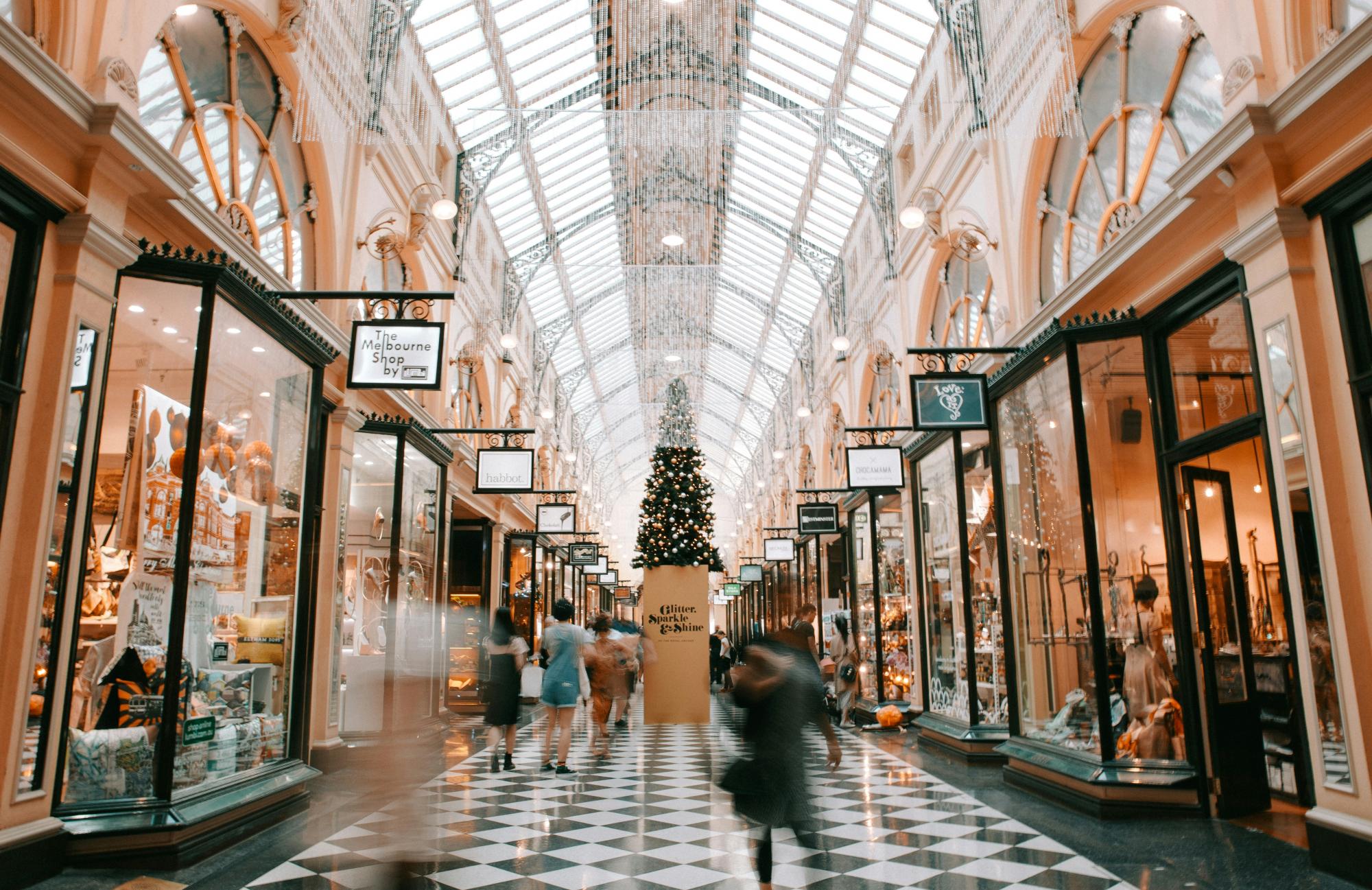Test- FTSE 100 Kicks Off August on a High as BP and Senior Lead Market Momentum
$11
10 Oct 2025, 13:13

Unsplash.com

October's unexpected decline in UK retail sales reinforced the perception that the economy is starting to stall as a result of a series of interest rate hikes intended to combat inflation.
The Office for National Statistics reported on Friday that the amount of goods sold both in-person and online decreased by 0.3%. This comes after September's downwardly revised 1.1% decline in clothing spending due to the unusually warm weather.
For October, economists were predicting a 0.4% increase. Instead, retailers blamed the unfavourable weather and the cost of living crisis for the poor performance, which caused sales to drop to their lowest level since February 2021, when Covid restrictions were in place.
It's the most recent proof that the UK economy is starting to feel the consequences of the Bank of England's 14 straight rate increases in its fight against inflation.
Higher mortgage rates are keeping pressure on family budgets even as living standards are improving and inflation is falling behind the rate of wage growth. Concerns exist that in the coming year, consumer caution may cause the economy to enter a recession.
With the exception of "other stores" and non-store retailing, all retail sectors saw a decrease in sales last month, according to the ONS. The two businesses with the largest drops in sales were home goods stores and petrol stations. The consumer's preference for essential goods over discretionary spending was held responsible for a decline in food sales.
The poor data is released right before the start of what retailers refer to as the "golden quarter," or the period leading up to Christmas when they can earn the most of their yearly profits.
(Sources: bloomberg.com)